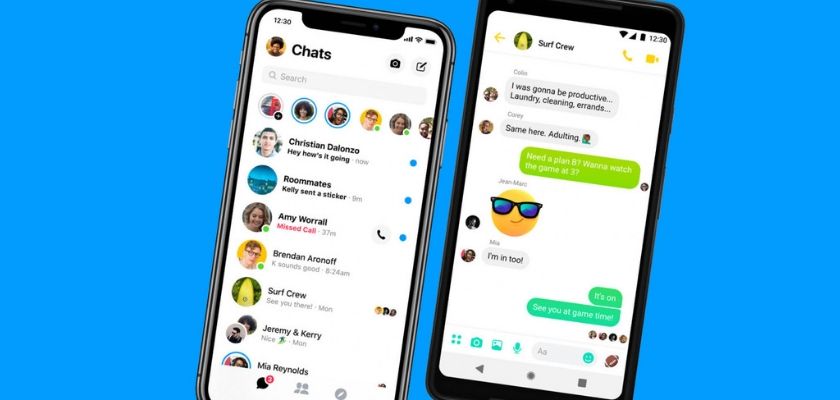San Francisco—The Electronic Frontier Foundation asked a federal appeals court today to make public a ruling that reportedly forbade the Justice Department from forcing Facebook to break the encryption of a communications service for users.
The Electronic Frontier Foundation asked a federal court to make public a ruling that forbids the Justice Department from asking Facebook to decrypt a communications service for users.
Last fall, media widely reported that a federal court in Fresno denied the government’s attempt to breach the privacy of Facebook Messanger users. However, the details about the legal dispute were not disclosed, preventing the public from knowing that the Department of Justice sought to access to private conversations, and why it was stopped by a federal judge.
Today, the EFF, the ACLU, and Riana Pfefferkorn – a cybersecurity scholar from Stanford – told the appeals court that people have First Amendment and common law rights to know judicial opinions and records of the laws governing them.
In Messenger’s case, publishing these documents is extremely important: citizens should be made aware of law enforcement efforts to coerce a company hosting millions of private messages to evade its own privacy measures and turn in conversations. The EFF soon backed up by ACLU and Pfefferkorn, filed the case in the U.S. Court of Appeals for the Ninth Circuit, after a federal judge in Fresno denied a motion to unseal the documents.
Last year’s reports revealed that the DOJ tried to get Facebook to hand in customer data and unencrypted Messenger voice calls based on a wiretap order in an investigation of suspected gang activity.
Facebook’s refusal led DOJ to try to hold the company in contempt. The judge ruling denied the request by the government, but the public has no way of knowing details such as how the government tried to justify its intentions or why the judge turned down the request.
“The ruling likely interprets the scope of the Wiretap Act, which impacts the privacy and security of Americans’ communications, and it involves an application used by hundreds of millions of people around the world,” commented Andrew Crocker, Senior Staff Attorney from the EFF. “Unsealing the court records could help us understand how this case fits into the government’s larger campaign to make sure it can access any encrypted communication.’’













